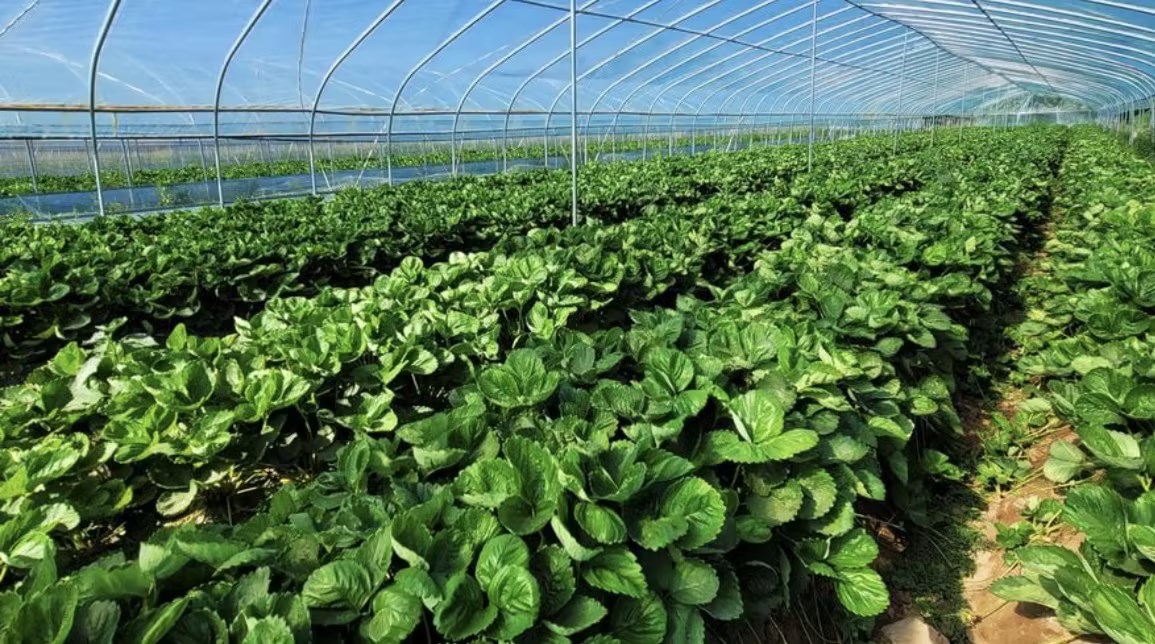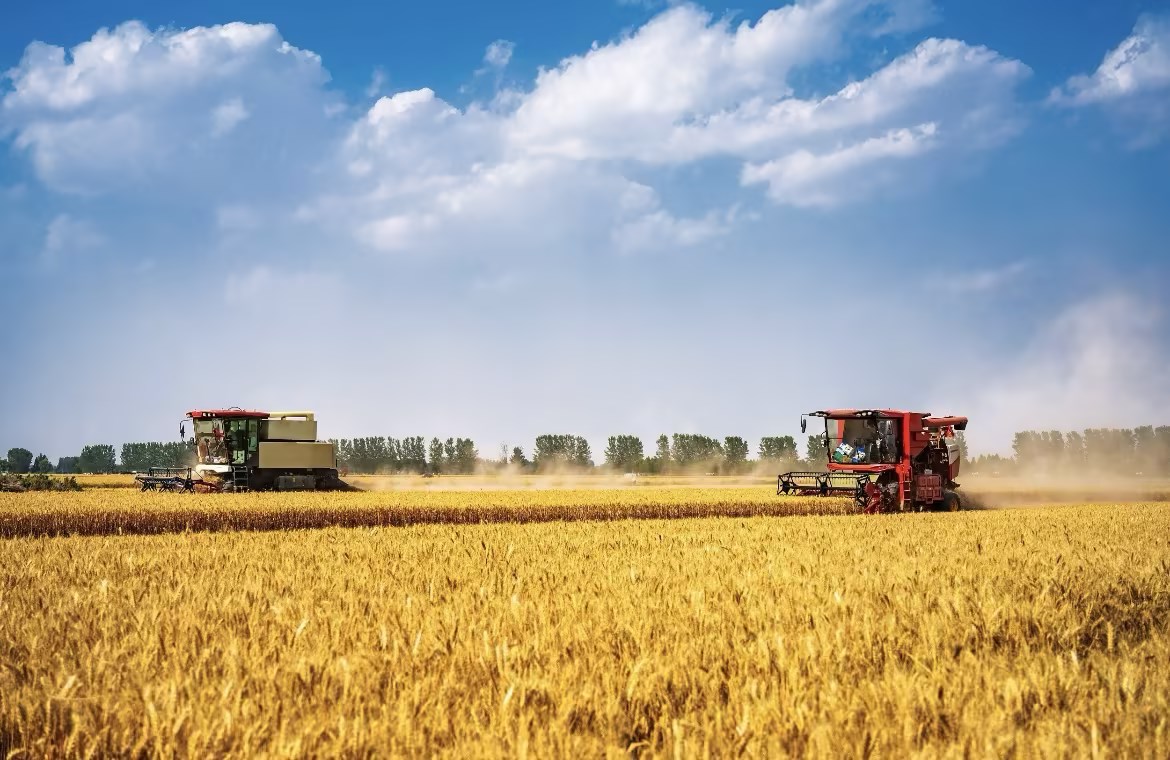Advantages and disadvantages of agricultural anti fly agents (anti fly additives)
product link:
https://www.112seo.com/product-drift-control-adjuvant-my331.html
1、 Advantages
Improve spray effect:
Agricultural anti flying agent can significantly improve the spray effect of pesticides, make the liquid medicine more uniform in the spray process, and thus improve the coverage and deposition rate of pesticides.
By reducing the surface tension of the dilution solution of the pharmaceutical product, improving the atomization effect of the nozzle system, ensuring the appropriate size of the droplets, increasing the settling rate of the droplets, and enabling the atomized droplets to quickly settle from the air onto the leaves and target surfaces of crops.
 Reduce pesticide usage:
Reduce pesticide usage:
The combination of agricultural anti fly agents and pesticides can significantly reduce the amount of pesticide used while maintaining or improving the control effect.
Adding a certain proportion of anti flying agent to the medication under unsuitable working conditions can reduce the dosage by 20% to 30% and achieve stable drug efficacy.
Enhance adhesion and permeability:
Anti flying agents can effectively improve the adhesion to leaf surfaces, enhance the wetting and spreading of droplets, and reduce the interference of aircraft pressure airflow on droplet deposition and adhesion.
At the same time, it can effectively improve the absorption of the target drug, accelerate the dissolution of the wax layer, and promote the absorption of the drug solution.
Improve the ability to withstand rainwater erosion:
Agricultural anti fly agents can enhance the retention effect of pesticide on crop leaves, improve the further absorption of pesticide components, and thus enhance the crop's ability to resist rainwater erosion.
Strong adaptability:
Agricultural anti flying agent is applicable to various crops and different types of UAV spray systems, and can meet the needs of different farmers.
Environmental sustainability:
By reducing the amount of pesticides and improving the efficiency of spray, agricultural anti flying agents can help reduce agricultural pollution to the environment and meet the requirements of sustainable development of modern agriculture.
 2、 Disadvantages
2、 Disadvantages
Cost increase:
Although the agricultural anti fly agent can significantly improve the spray effect and reduce the pesticide dosage, it also has a certain cost. Therefore, when using agricultural anti fly agents, farmers need to weigh the relationship between their benefits and increased costs.
High dependence on technology:
The application effect of agricultural anti flying agent depends on the performance and operation technology of UAV spray system to a certain extent. If the performance of the spray system is poor or the operation is improper, the effect of the anti fly agent may be affected.
There are certain requirements for water quality:
To ensure the optimal effectiveness of agricultural anti fly agents, it is recommended to use clean, low hardness water or purified water to prepare the medication. However, in some regions, obtaining such water quality may pose certain difficulties.
Potential risks of drug harm:
If the mixing ratio of agricultural anti fly agents and pesticides is improper or the usage method is incorrect, it may cause pesticide damage to crops. Therefore, when using agricultural anti fly agents, it is necessary to strictly follow the instructions and closely monitor the growth of crops.
To sum up, agricultural anti flying agents have significant advantages in improving spray effect, reducing pesticide dosage, enhancing adhesion and permeability, but also have disadvantages such as increased cost, high technical dependence, certain requirements for water quality, and potential pesticide damage risks. When using it, it is necessary to comprehensively consider its advantages and disadvantages, and make reasonable choices and uses according to the actual situation.

